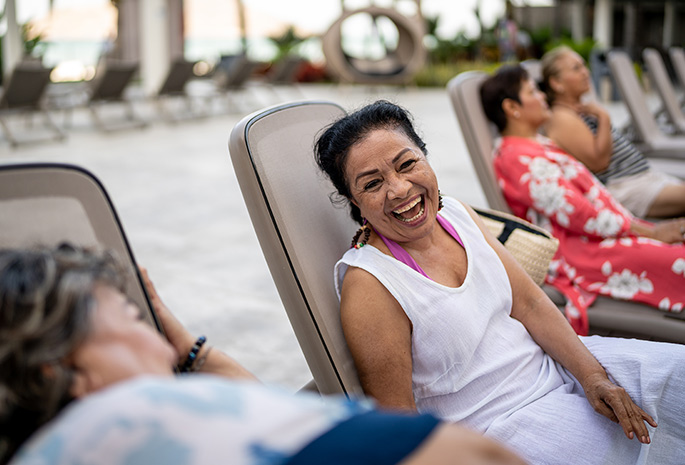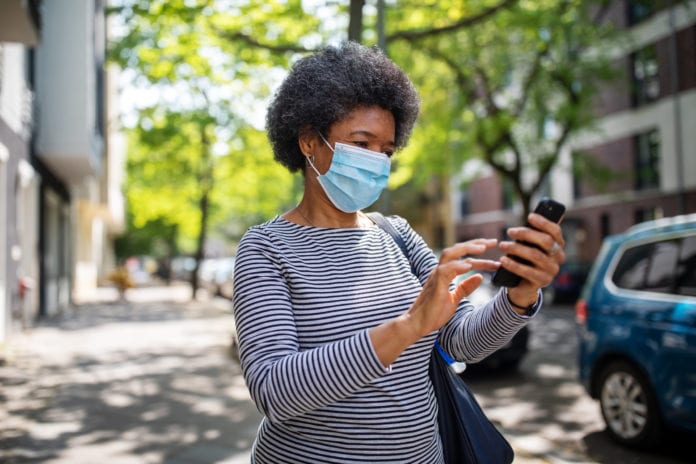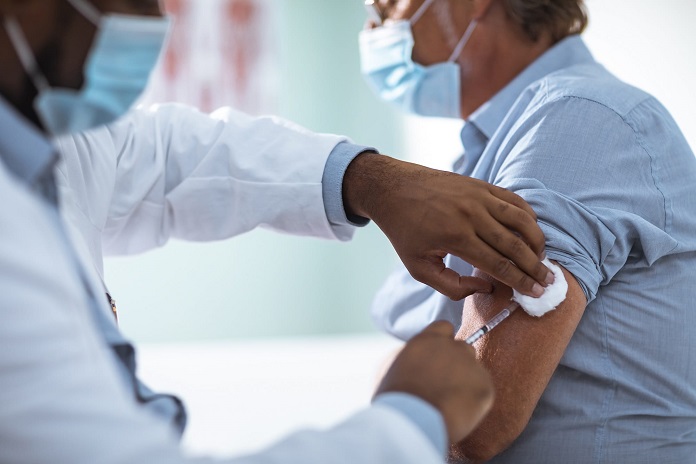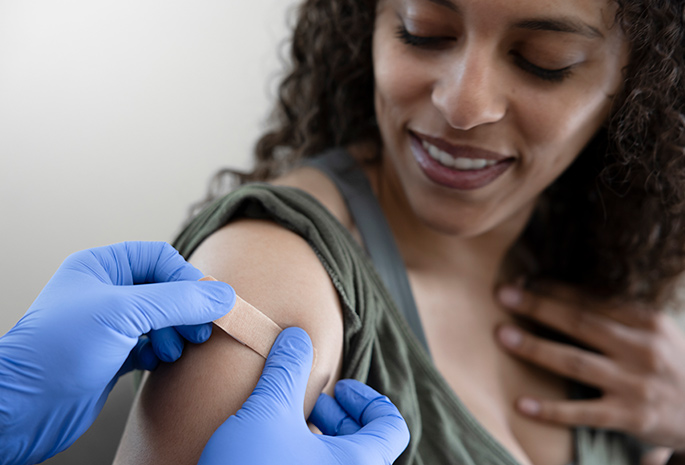Traveling opens a world of exciting experiences, but it can also expose you to new germs and unfamiliar environments. While your vacation itinerary is unlikely to include “animal bite” or “food poisoning,” trips can get derailed by health hazards—leading to unexpected vacation memories of emergency room trips and days recovering in your hotel room.
Staying healthy while traveling is everyone’s goal. We asked Henry Wu, MD, infectious disease specialist and Director of the Emory TravelWell Center, for his guidance on staying healthy here, there and everywhere. Emory TravelWell supports international travelers with health care expertise based on their health and destination, including physical exams for international travel programs, pre-travel vaccinations and consultations, and post-travel care and treatment for infectious disease.
Check out our healthy travel tips to help you minimize your risk of getting sick and make the most of your adventures. From conquering jet lag to managing a bad sunburn, we’ve got you covered.




